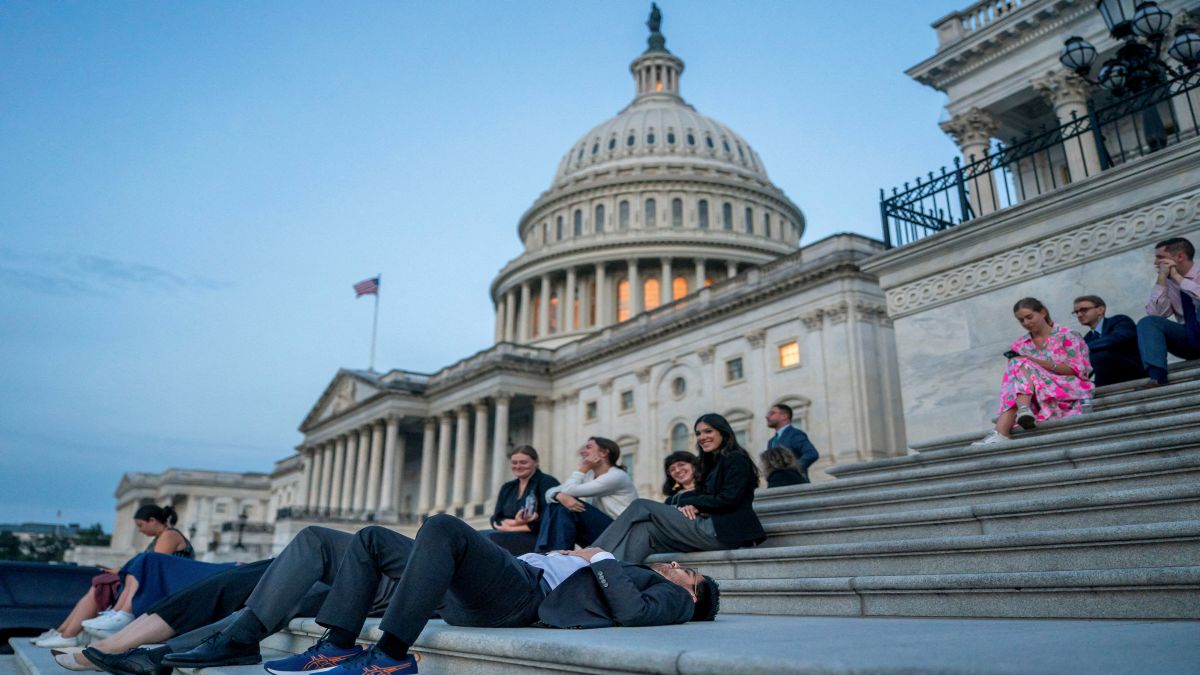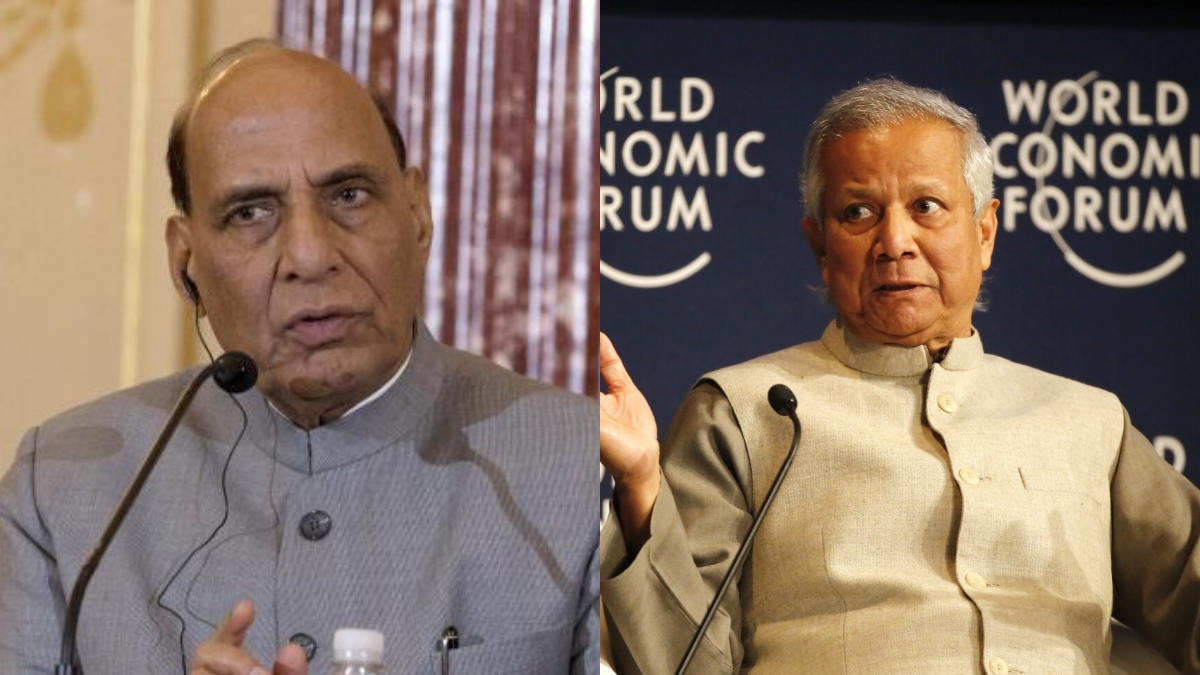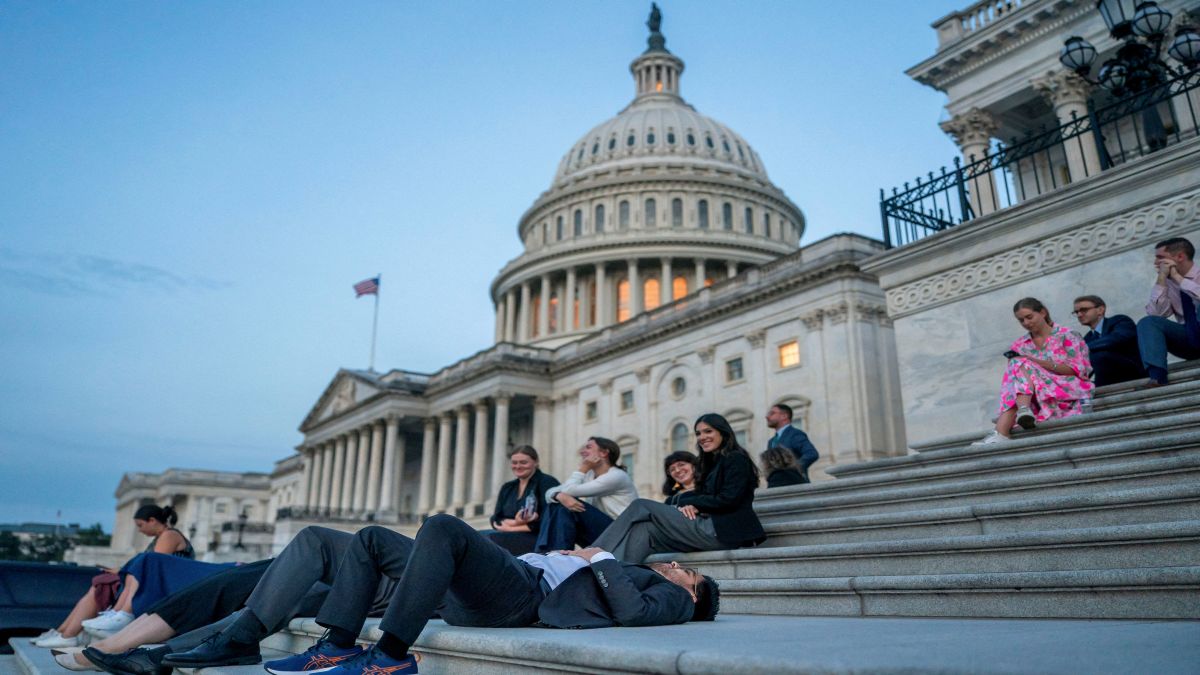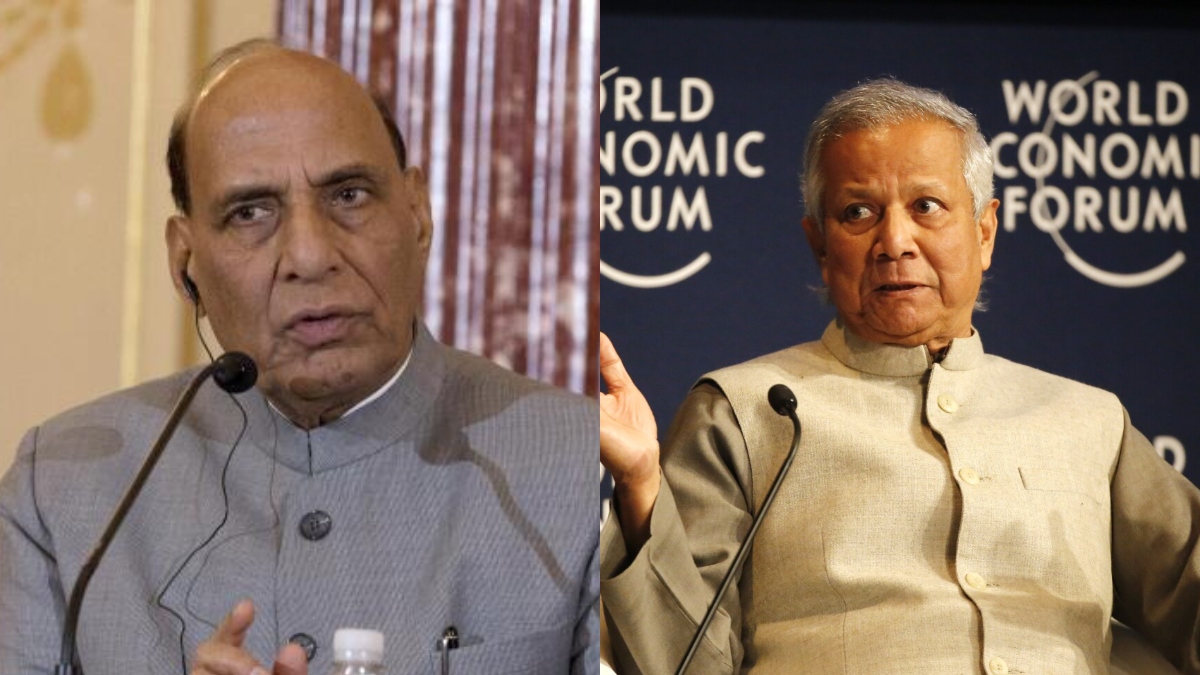Pakistan is on edge as its parliament will vote on the 27th Constitutional Amendment today (November 10). The bill looks to entrench the military even further and gives more power to Pakistan’s army chief Field Marshal Asim Munir — a move that many are calling ‘the death of justice’.
But even as the bill looks to be passed today in the Senate, there are many who are against it, and have even called for nationwide protests, noting that the amendment would shake the foundations of the Constitution.
But what’s in the amendment that has attracted such criticism?
What’s in Pakistan’s 27th Amendment?
Last week, Pakistan’s Cabinet cleared the 27th Amendment, which looks to make changes to Article 243 of the Pakistan constitution.
According to lawmakers who have seen the draft bill of the amendment, it is said to include provisions that would reshape the judiciary, centralise certain provincial powers, and potentially alter the constitutional framework governing the armed forces.
One of the key features of the 27th Amendment is the revision to Article 243, formally vesting the office of Chief of the Defence Forces in the Chief of Army Staff, and granting the Field Marshal rank for life — a move that constitutionally recognises the army chief’s senior status.
Many note that the current move is reminiscent of the change that General Zia-ul-Haq made in the past, which effectively shifted authority from the civilian government to the presidency and, by extension, the military.
The proposed 27th Amendment risks reviving that legacy by placing the armed forces once again at the centre of Pakistan’s political structure.
Many note that through this legislation, Field Marshal Asim Munir will become the powerful military officer in Pakistan’s history. Pakistani Law Minister Azam Nazeer Tarar has said that this was a title, not a rank or appointment, conferred “on national heroes” and meant to be held for life.
The 27th Amendment Bill also looks to tweak the judiciary, with many noting that it would steal powers away from the supreme court. The amendment proposes creating a Federal Constitutional Court (FCC), which would take over cases involving constitutional interpretation, inter-governmental disputes, and issues under Article 199. This means the FCC would become the primary forum for constitutional matters, previously handled by the Supreme Court.
Moreover, the chief justice of the FCC would rank higher and retire at 68, compared to the current retirement age of 65 for the Supreme Court judges.
Why is the opposition protesting the 27th Amendment?
While proponents of the amendment note that it will help reduce case backlogs, eliminate overlaps between benches, and depoliticise the higher judiciary, members of the opposition have slammed the move, calling it an “extremely dark and dangerous” change in the constitution.
The opposition alliance, Tehreek Tahafuz Ayeen-i-Pakistan (TTAP), has even announced nationwide protests against it. The TTAP is made up of six parties —the Majlis Wahdat-e-Muslimeen (MWM), Pakistan Tehreek-e-Insaf (PTI) led by jailed former prime minister Imran Khan, the Pashtunkhwa Milli Awami Party (PkMAP), Balochistan National Party-Mengal (BNP-M), and the Sunni Ittehad Council (SIC).
Voicing his opposition to the 27th Amendment, MWM chief Allama Raja Nasir Abbas said in a statement: “Democratic institutions have been paralysed in Pakistan. The nation must rise against the proposed 27th Amendment.”
“In this hour, it is the responsibility of the people of Pakistan to take a stand and speak against such an extremely dark and extremely dangerous constitutional amendment, which is the 27th (Amendment),” he added.
PkMAP chairman Mahmood Khan Achakzai urged all political parties to participate and said their movement would kick off on Sunday night. “Every night, with a new slogan, we will awaken the consciousness of the people. The slogan of the people is the supremacy of the Constitution,” he was quoted as saying by Dawn.
He further noted that the alliance had “no choice but to protest” against the government’s actions, which he said were “shaking the very foundations of the Constitution.”
The PTI has also vowed to fight against the proposed legislation. Party chairman Barrister Gohar Ali Khan warned that the amendment would “jeopardise the independence of the judiciary” and threaten the integrity of the federation.
And it’s not just the opposition that is raising its voice against the 27th amendment. Legal and defence experts are also voicing concern over the move.
One senior counsel, who wished to remain anonymous, told Dawn: “Left with a limited jurisdiction of deciding ordinary civil, criminal and statutory appeals, the Supreme Court has now become all the more a ‘Supreme District Court’.”
Pakistani barrister Asad Rahim Khan even wrote in an op-ed for Dawn, “If (the amendments) are allowed to go through, what was the worst judicial regression in over 30 years (26th amendment) risks becoming the worst in Pakistan’s history.”
Another lawyer, also speaking on condition of anonymity, said that although the senior-most of the two chiefs would chair the Judicial Commission of Pakistan, “for all other purposes, the FCC will be in the commanding position”.
He noted that under the amended Article 175A, the chief justice of the FCC is listed before the Chief Justice of the Supreme Court and will have a longer tenure, retiring at 68, compared to the current retirement age of 65 for Supreme Court Judges.
Former Pakistan defence secretary Lieutenant General Asif Yasin Malik (retd) also noted that “by placing an army officer (in this case Field Marshal Asim Munir) as the CDF with authority over the air force and navy, the proposed system invites institutional imbalance and potential disaster”.
“This amendment appears tailored to benefit a specific individual rather than to strengthen the defence structure,” Malik added.
So, what comes next for the 27th Amendment?
Amid the criticism of the 27th Constitutional Amendment Bill, it was tabled in the Senate last Saturday, with Pakistani Law Minister Azam Nazeer Tarar tabling it there.
And today (November 10), it is expected to be voted on with the Pakistan government hoping to get a two-thirds majority of at least 64 senators.
After the Senate, it would be presented before the National Assembly, where it must pass a two-thirds majority again. In the final stage, it must get the president’s approval to become a law.
With inputs from agencies


)

)
)
)
)
)
)
)
)



